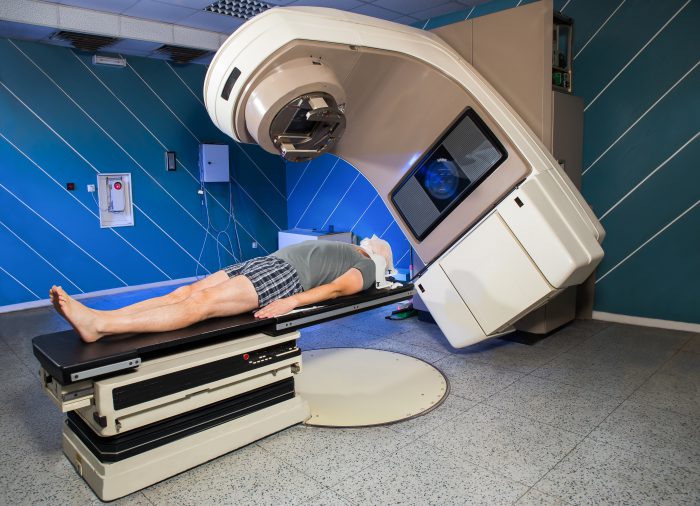

Many of you took part in her survey and today, Caterina is back with the results and another opportunity to take part.
In February, we featured a guest post by Caterina Gentili, a PhD student at the University of West England. She is researching how hormone treatment for prostate cancer affects how men feel about their bodies. Many of you took part in her survey and today, Caterina is back with the results and another opportunity to take part.
Caterina does not receive funding from PCR. We decided to feature her research on the PCR website because we felt it was an important topic, with the potential to improve quality of life for men with prostate cancer. We also looked at an outline of the study and confirmed she had ethics approval before deciding to help promote her work.
Caterina Gentili is a PhD candidate from the Centre for Appearance Research, University of the West of England, Bristol. Her mission is to help men diagnosed with prostate cancer and on hormonal treatment to maintain a positive relationship with their body.
Caterina’s project aims to find effective ways to provide information and support for patients. In particular, she hopes to help them establish a positive relationship with their body during their treatment and to reduce the stigma around seeking help when things feel difficult.
Caterina recently conducted a survey on hormone therapy, exercise and body image which we shared on our website. The survey was filled out by 60 prostate cancer patients on hormone therapy, 60 prostate cancer patients who never had hormone therapy, and 60 men of the same age who didn’t have cancer. The survey included several questionnaires, measuring how men felt about their body, masculinity, exercise, and fear of being judged for their appearance and physical performance.
Caterina found that patients on hormone therapy had a more positive view of their body and feared being judged for their appearance and physical performance much less than the other groups. So, it seems that hormone therapy is not directly linked to negative body image and prostate cancer patients may be better at coping with such problems. As a result, Caterina thinks that future research should explore the coping strategies used by prostate cancer patients.
When Caterina looked at the group of men on hormone therapy alone, she found that if they feared being judged for their appearance and physical performance, they were more likely to have concerns around their body image. Therefore, she thinks that future research should also focus on ways to help prostate cancer patients stop comparing themselves to others as this could lead to negative body image and affect mental health.
If you have any question and would like to get in touch with Caterina, please see her details below:
Caterina Gentili
PhD candidate, Centre For Appearance Research
Phone: +44 (0)1173282654
Email: [email protected]
University of the West of England, BS16 1QY, Bristol (UK)
If you are a researcher and would like to share news about your prostate cancer study, please email a short outline of your work and proof of ethics approval to [email protected].